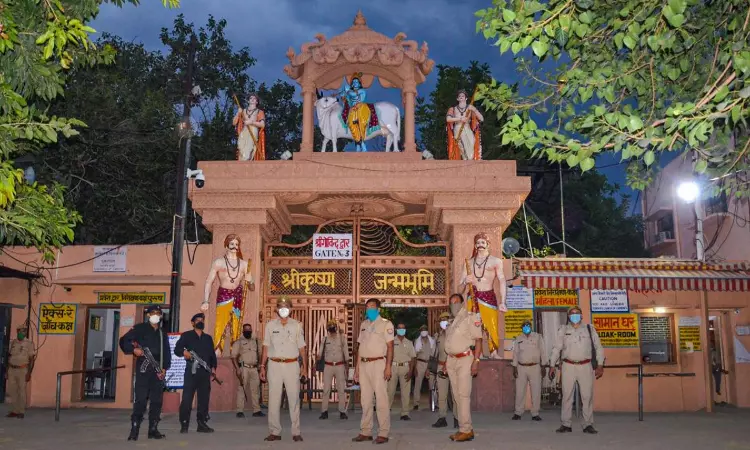Allahabad High Court Reserves Verdict In PIL Seeking Removal Of Mathura's Idgah Mosque, ASI Excavation Of Premises
Sparsh Upadhyay
5 Sept 2023 3:01 PM IST

Next Story
5 Sept 2023 3:01 PM IST
The Allahabad High Court on Monday reserved its verdict on a Public Interest Litigation (PIL) plea seeking recognition of Mathura's Shahi Idgah Mosque site as Krishna Janam Bhoomi.This PIL plea, moved by Advocate Mahek Maheshwari in 2020, was earlier dismissed in default in January 2021, however, the same was restored in March 2022.On Monday, having heard the party in person-Maheshwari, the...
